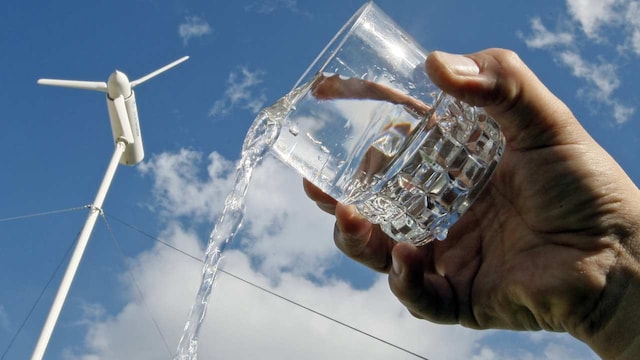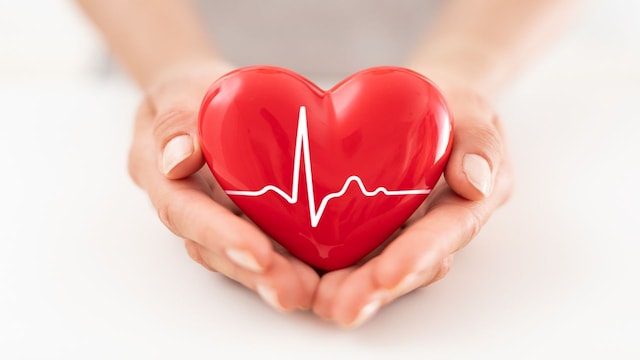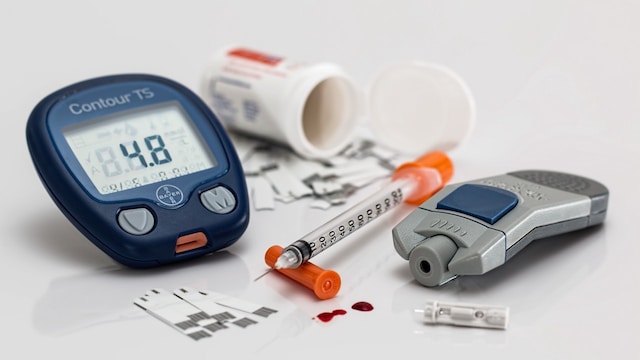
 1 / 15
1 / 15Did you know that even one day without alcohol intake makes a lot of difference? Yes, many people think that meaningful health changes require long-term lifestyle changes and that it takes weeks, if not months to get the body functioning well. But not many know that when it comes to alcohol, even skipping it for a single day can trigger real improvement in your body and mind. (Image: Reuters)

 2 / 15
2 / 15That’s what The Conversation, a nonprofit, news Analysis, commentary and research website has revealed in its latest report. According to analysis, alcohol affects everything from hydration to digestion and mental wellbeing, often in ways we don’t immediately notice. Choosing to take a break, even temporarily, can be an eye-opening first step toward better health. (Image: Shutterstock)

 3 / 15
3 / 15Whether you’re considering a dry month or just want to see what life feels like without your usual glass of wine or beer, it’s worth knowing how quickly your body responds. Here’s a timeline of what you may experience when you put the glass down, starting with day one. (Image: Shutterstock)

 4 / 15
4 / 15After one day: A shift begins | Alcohol typically takes about 24 hours to leave your system. Once it’s gone, your body begins to rebalance. One of the first things to improve is hydration—since alcohol is a diuretic, its absence helps your body retain more water, which boosts energy, digestion and brain clarity. You might feel less bloated and more alert, even after just one alcohol-free day. (Image: Reuters)

 5 / 15
5 / 15Liver functioning | Your liver begins to stabilise blood sugar levels that were previously disrupted by drinking. However, if you’re used to daily alcohol intake, you might initially notice discomfort such as mood changes, sleep disturbances, or tremors as your body adjusts. These effects usually settle within a few days. (Image: Reuters)

 6 / 15
6 / 15After one week: Sleep, liver and brain see improvements | Although alcohol can make you feel drowsy, it disrupts deep sleep. By the end of a week without alcohol, your sleep quality may improve noticeably, and with that comes better energy and sharper focus. (Image: Shutterstock)

 7 / 15
7 / 15Your liver, which works hard to process alcohol, starts its repair work quickly. Even after seven days, mild liver fat and early-stage damage can begin to heal. Meanwhile, your brain starts to function more clearly—studies show cognitive benefits in both light and heavy drinkers within just a few days to weeks of quitting. (Image: Shutterstock)

 8 / 15
8 / 15After one month: Mind, body and mood begin to thrive | At the one-month mark, physical and mental health improvements become even more pronounced. Many people report better moods and reduced anxiety as brain chemistry rebalances. More restful sleep leads to better resilience and motivation during the day. (Image: Canva)

 9 / 15
9 / 15Your metabolism gets a boost too | Since alcohol is high in kilojoules and often triggers overeating, you may notice weight loss and reduced body fat. Digestive issues like bloating, acid reflux and indigestion also ease as your gut begins to recover. Even your skin may start to look fresher, thanks to better hydration and reduced inflammation. (Image: Shutterstock)

 10 / 15
10 / 15Blood sugar regulation and insulin sensitivity | These typically improve within four weeks, reducing the risk of type 2 diabetes. Blood pressure also drops—by up to 6%—which has a measurable impact on heart health. There’s even early evidence that cancer-related growth factors decline within this period.

 11 / 15
11 / 15After six Months: Deep repair and stronger immunity | Half a year without alcohol can result in significant internal healing. The liver continues to regenerate, and for moderate drinkers, damage may be entirely reversed by this point. Heavy drinkers often report better immune function and fewer illnesses, as alcohol suppresses the body’s natural defences. (Image: Shutterstock)

 12 / 15
12 / 15Cardiovascular benefits | Heart health imporves with lower blood pressure, improved cholesterol levels, and a reduced load on the heart all add up to longer-term health protection. (Image: Shutterstock)

 13 / 15
13 / 15After one year and beyond: Long-Term Protection from Chronic Disease | A year or more without alcohol brings about the most profound long-term changes. The risk of developing chronic illnesses such as heart disease, high blood pressure, stroke, and several forms of cancer begins to decline significantly. Even drinking less than two units a day can meaningfully reduce blood pressure, with cascading benefits for kidney function, vision, and sexual health. (Image: Reuters)

 14 / 15
14 / 15Decline in cancer risk | One major study tracking over 4 million people found that reducing alcohol consumption led to a measurable drop in cancer risk—even among light drinkers. Sustained sobriety or moderation also supports better mental health, improved emotional regulation, and a stronger sense of self-control and confidence. (Image: Shutterstock)

 15 / 15
15 / 15Making a Change: Every step counts | You don’t need to quit forever to feel the benefits. Even reducing your intake or taking breaks can make a difference. The less frequently you drink—and the smaller the amount—the more your body and brain will thank you.






